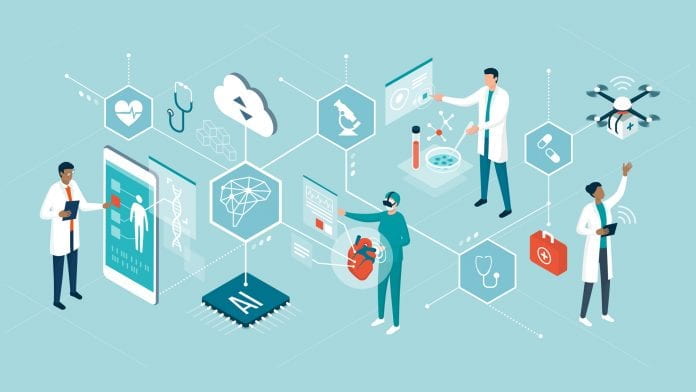New article by Ruthanne Huising in BMJ Leader
New technologies including digital health and robotics are driving the evolution of healthcare. At the same time, healthcare systems are transitioning from a multiprofessional model approach of healthcare delivery to an interprofessional model. The concurrence of these two trends may represent an opportunity for leaders in healthcare because both require renegotiation of the complex division of work and enhanced interdependency. This review examines how the introduction of new technologies alters the role boundaries of occupations and interdependencies among health occupations. Based on a scoping review of ethnographic studies of technology implementation in a variety of contexts (from primary care to operating room) and of diverse technologies (from health informatics systems to robotics), we develop the concept of role reconfiguration to capture simultaneous adjustments of multiple, interdependent roles during technological change. Ethnographic and qualitative studies provide rich, detailed accounts of what people actually do and how their work and role is changed (or not) when a new technology arrives. Through a synthesis of these studies, we develop a typology of four types of role reconfiguration: negotiation, clarification, enlargement and restriction. We discuss leadership challenges in managing role reconfiguration and formulate four leadership priorities. We suggest that leaders: redesign roles proactively, paying attention to interdependencies; offer opportunities for collective learning about new technologies; ensure that knowledge of new technologies is distributed across roles and prepare to address resistance.
Reference:
Role reconfiguration: what ethnographic studies tell us about the implications of technological change for work and collaboration in healthcare.
Image: iStock-elenabs


